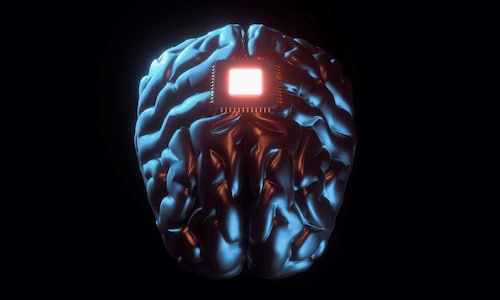In March, Chinese researchers employed a brain-computer interface (BCI), a wireless invasive implant, on a patient suffering from tetraplegia, as reported by the English-language newspaper.
Restoring Functionality In The Paralyzed
Just a few weeks post-surgery, the patient was able to engage in racing games and chess on the computer, using solely their thoughts to operate the electronic devices, the report stated, referencing a statement from the Shanghai-based Centre for Excellence in Brain Science and Intelligence Technology.Read More: Gold prices near 2-month high amid Israel-Iran tensions: Key support and resistance levels
BCI represents a burgeoning technology aimed at restoring functionality to individuals with paralysis, with Neuralink Corp., co-founded by Elon Musk, leading the charge in this research. The implant utilized in the Chinese trial is currently the world’s smallest, measuring 26 millimeters in diameter and less than 6 millimeters in thickness, according to the Global Times, noting that it is over 100 times more flexible than Neuralink’s version.
US-China’s New Avenue
In the next phase, the team intends to enable the patient to control a robotic arm through thought, enabling more complex physical tasks such as grasping and holding a cup. This trial was launched in partnership with Fudan University’s Huashan Hospital.
While Beijing has reported some experimental work with implants by startup companies in recent months, this clinical trial signifies China’s competitive edge with the US in developing this cutting-edge technology. The centre indicated that the BCI system could receive regulatory approval and potentially reach the market as early as 2028.
Also Read: Explained: Dia, a new AI browser that is unlike anything you’ve used



